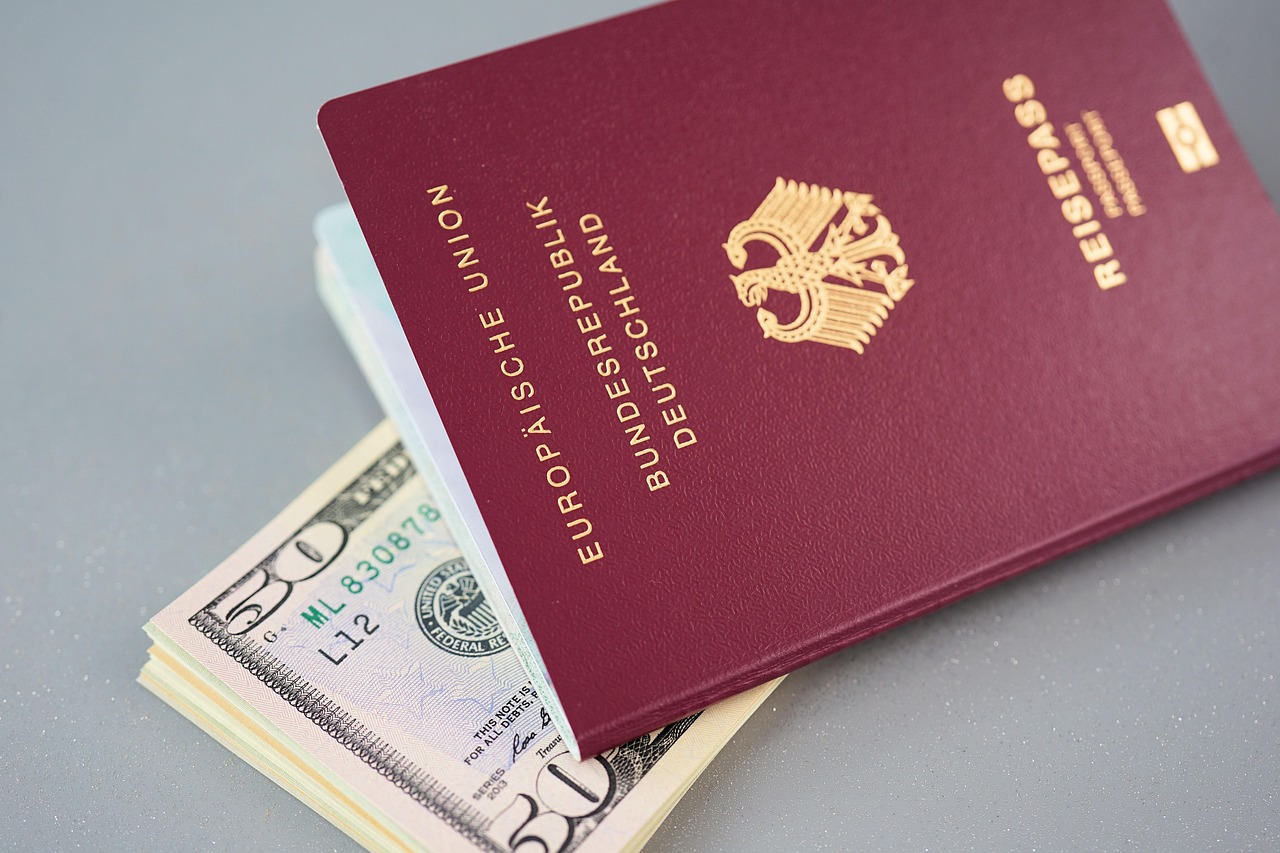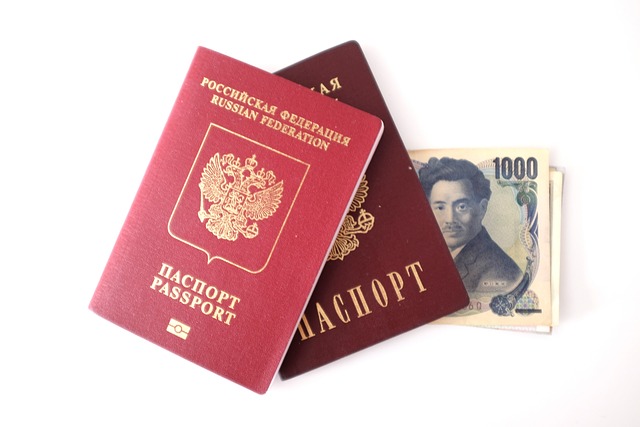Swiss Citizenship by Birth: Rules and Regulations

Swiss citizenship is highly sought after due to Switzerland’s high standard of living, political stability, and access to the European market. However, obtaining Swiss citizenship is not straightforward, and the rules for acquiring it by birth are particularly nuanced. This guide provides a comprehensive overview of the rules and regulations surrounding Swiss citizenship by birth, helping you understand the eligibility criteria, application process, and key considerations.
1. Overview of Swiss Citizenship
Swiss citizenship is governed by the principle of jus sanguinis (right of blood), meaning citizenship is primarily acquired through descent rather than birthplace. This contrasts with countries that follow jus soli (right of soil), where citizenship is granted based on being born in the country.
2. Swiss Citizenship by Birth: Key Rules
Citizenship Through Parents
A child automatically acquires Swiss citizenship at birth if:
- Both parents are Swiss citizens.
- The mother is a Swiss citizen (even if the father is not a Swiss citizen).
- The father is a Swiss citizen and is married to the child’s mother.
Citizenship Through Birth in Switzerland
Unlike some countries, Switzerland does not grant citizenship solely based on being born in the country. However, there are exceptions:
- Stateless Children: A child born in Switzerland who would otherwise be stateless can acquire Swiss citizenship.
- Third-Generation Rule: As of 2018, children born in Switzerland to parents who were also born in Switzerland and have permanent residency can acquire Swiss citizenship through a simplified naturalization process.
3. Special Cases
Children of Swiss Fathers Unmarried to Non-Swiss Mothers
Before 2006, children born to a Swiss father and a non-Swiss mother who were not married did not automatically acquire Swiss citizenship. However, this rule has since been revised, and such children can now claim Swiss citizenship through a simplified process.
Adopted Children
Adopted children under the age of 18 can acquire Swiss citizenship if at least one adoptive parent is Swiss.
4. Dual Citizenship
Switzerland allows dual citizenship, meaning individuals can hold Swiss citizenship alongside another nationality without having to renounce either. This is particularly beneficial for expats and individuals with mixed heritage.
5. Applying for Swiss Citizenship by Birth
For Children Born Abroad
If a child is born abroad to Swiss parents, the parents must register the birth with the Swiss authorities to ensure the child acquires Swiss citizenship. This involves:
- Registering the birth at the nearest Swiss embassy or consulate.
- Providing necessary documents, such as the child’s birth certificate and the parents’ Swiss passports.
For Children Born in Switzerland
If a child is born in Switzerland and qualifies for citizenship through the third-generation rule, the parents must apply for naturalization on behalf of the child. This process is simplified and involves:
- Submitting an application to the local municipality.
- Providing proof of the parents’ and grandparents’ residency in Switzerland.
6. Key Considerations
Language and Integration
While not a formal requirement for citizenship by birth, integrating into Swiss society and learning one of the national languages (German, French, Italian, or Romansh) can be beneficial for children growing up in Switzerland.
Military Service
Swiss male citizens are required to perform military service or civilian service. This obligation applies to dual citizens as well.
Passport and Identity Card
Swiss citizens are entitled to a Swiss passport and identity card, which provide visa-free travel to many countries and access to consular protection.
7. Frequently Asked Questions
Can I pass Swiss citizenship to my children if I naturalize?
Yes, if you acquire Swiss citizenship through naturalization, your children can also become Swiss citizens, provided they meet the eligibility criteria.
What happens if my child is born in Switzerland but I am not a Swiss citizen?
Your child will not automatically acquire Swiss citizenship unless they qualify under the third-generation rule or are stateless.
Can my child lose Swiss citizenship?
Swiss citizenship is generally permanent, but it can be revoked in rare cases, such as if it was obtained fraudulently.



